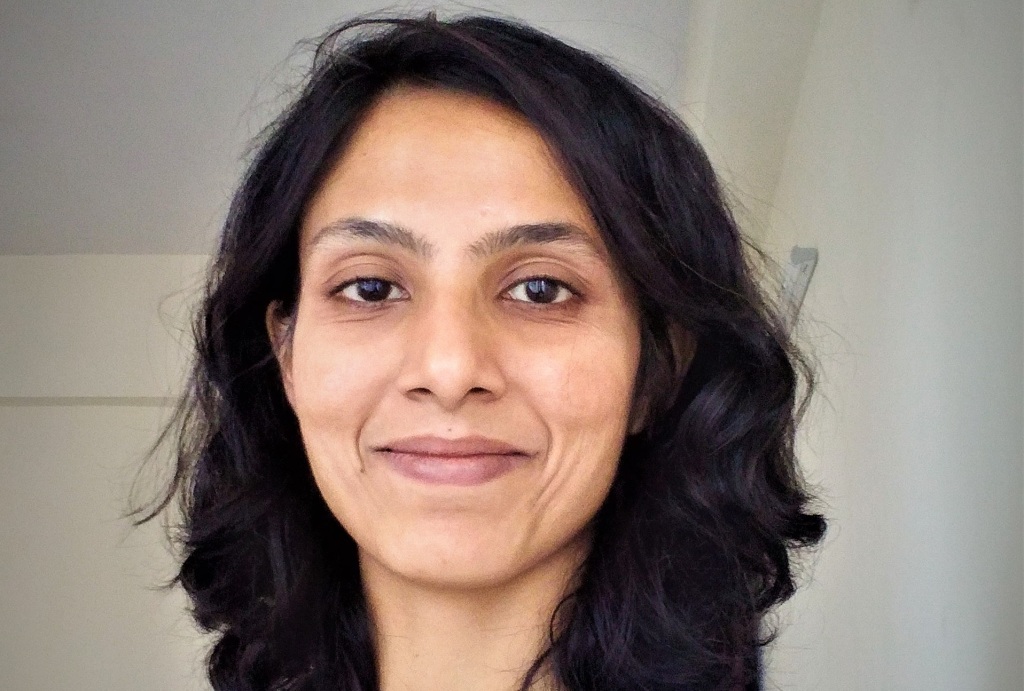Green Business
Yogita Karpate, Research Fellow at Ashoka University, collaborates with scientists to find answers to some very interesting mysteries in the field of ecology, using statistics, data-analytics tools, and spatial analysis tools to interpret the data…
Q: What made you choose such an offbeat career?
After graduation, I worked as an Engine Calibration Engineer with a focus on reducing two-wheeler engine emissions and improving fuel efficiency. I stumbled upon a career as an ecologist and a conservation biologist, after working for 7 full years in different engineering organizations. While working as an engineer, I got multiple opportunities to hone my technical and professional skills which eventually proved to be very useful in my later role as a researcher. I was mostly living in Bengaluru then and hence like every other Bangalorean, I was frequently traveling to the neighborhood of the city. These moments were perhaps the second time I felt closer to nature, and this time I started thinking seriously about options to remain in close contact with nature for more than just a couple of weekends. Then I did a certification course in Environmental Management from IISC, Bengaluru where I learned about different career options in this domain. I give full credit to my inner urge to learn about nature and my desire to look for sustainable solutions to coexist with nature, for driving me on this path.
Q: What were some of the challenges you faced?
Coming from an engineering background, and that too switching to the non-profit sector from corporate was a big blow to my pocket. I had to downscale my expectations for remuneration and also give thought to how to manage my financial health wisely. I struggled a good deal with balancing my priorities and professional demands.
Q: What problems do you solve now?
I am trying to figure out whether the nature around us is resilient enough to sustain in its present condition for a long time. Previously, I worked in Kaziranga National Park and also in other not-protected forested areas of Assam. My job there was to follow Elephants! I used to be armed with cameras, GIS devices, binoculars, and a couple of notebooks to record my observations. My work was to track and identify elephants with their outer features (in a scientific language it is called morphological features). By doing this I was trying to individually identify each elephant and then understand what the size of the population is. Did you know that the morphological features of elephants differ from each other? I didn’t know it before I did my fieldwork. I wouldn’t have known about how nature functions, hadn’t I worked in the field.
Q: How does your work benefit society?
I feel that my job does little more than offer benefits to society. When it comes to nature conservation or sustainability, we often think from the ‘utilitarian perspective’ which means that we centre our research on understanding how conserving a certain natural resource would help human society. Surely, It helps to make effective conservation decisions and management plans, as the goal is to serve human society for the longest possible time. But here is where the trap lies! We might end up not prioritizing the conservation of a certain natural resource if science doesn’t give us a convincing answer to ‘how this would help humans survive for the longest time.’ There have been studies around the world where scientists have found how a certain ecosystem, species, or resource is indirectly linked with the long-term viability of human society. Therefore, even if something doesn’t appear to be offering direct benefits at first glance, I try to dive deeper to look for the hidden treasure! On a serious note, I believe that the key idea of conservation science is to realize ‘the intrinsic right of everything around us to sustain and thrive as it is!’ The challenge is how to achieve the goal of nature and human coexistence so that it is a win-win situation for both.

















Leave a comment